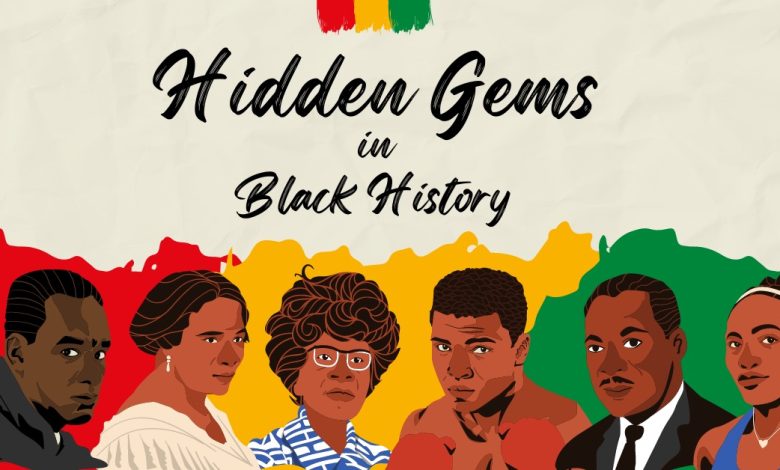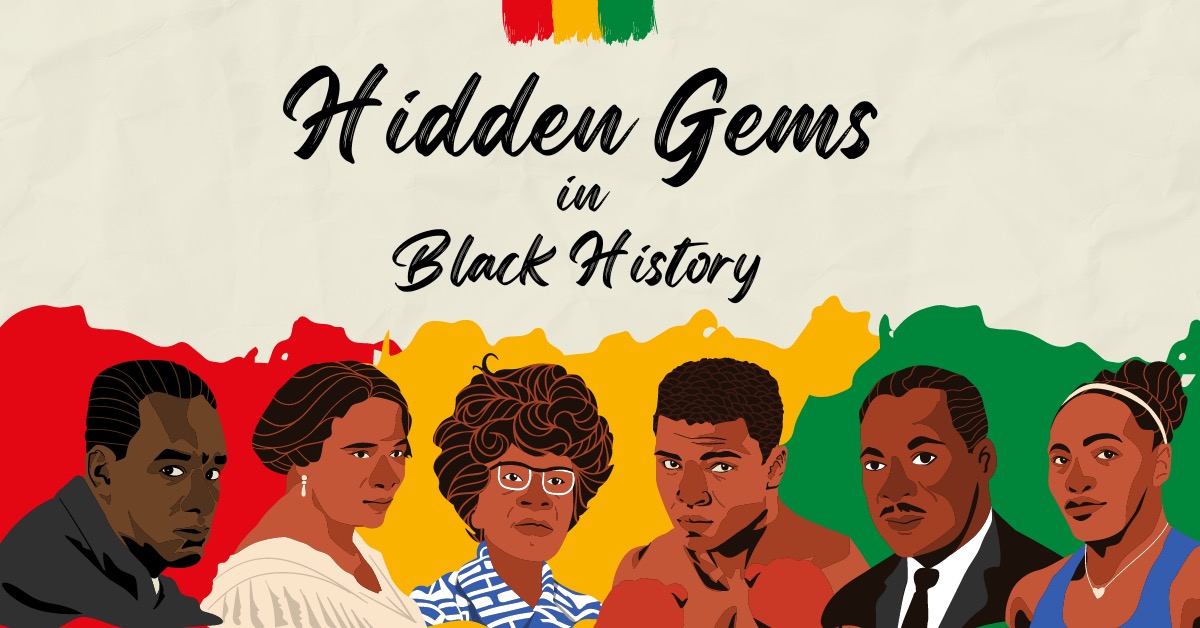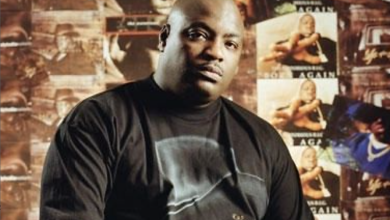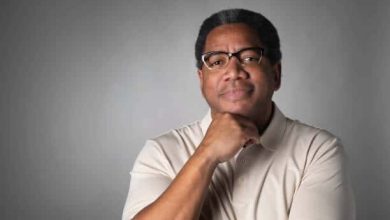The Oldest Family-Owned Black Business


Taylor Electric Company is one of the oldest family-owned Black businesses in the United States. It is also Chicago’s oldest continuously operating Black-owned business, and its history is intricately connected to the city.
Sam Taylor
Founder Sam Taylor arrived in Chicago from Alabama coal mines during the Great Migration with a sixth-grade education and maybe a warrant for murdering his brother’s killer. According to his son Rufus Taylor, he worked stoking coal for a railroad, operating a tavern, and cleaning floors at Cuneo Press, a magazine publisher, in Chicago. He also helped his neighbor, Black electrician Robert Patterson, with Pullman Company electrical work. Taylor also found his first possible employee in Charles Stewart, son of Annie Stewart, with whom he lived for years. He raised the youngster as a son and apprentice.
Taylor noticed an advertisement on the back of a magazine, presumably at Cuneo, offering a correspondence school to become a certified electrician. Charles Stewart said a Greek-American buddy submitted the course under his name when the firm refused to deliver it to a Black guy. Sam Taylor attended the course and received his electrician’s license in 1922, maybe Chicago’s first for an African American.
Taylor Electric Company
Motor Row neighbors Blue Star Auto and Al Capone had Taylor Electric Company install doorbells and lights. Sam and Charles worked electrically for Greer College, where Sam struggled for two years to get Charles accepted but succeeded.
Sam Taylor and “Umbrella Mike” Boyle fought for IBEW Local 134 membership in the 1930s. After the union rejected him, he and Charles Stewart recruited 50 Black guys who wanted to be electricians. With the assistance of Congressman Oscar De Priest of Chicago, the first Black US member of Congress since 1901 and the first elected from a Northern district, the Black electricians were granted Charter 9362, establishing the first Black electrical union. Mike Boyle began employing Charter 9362 members on South Side Chicago projects to collaborate.
Before World War II, civil rights leader A. Philip Randolph, President of the Brotherhood of Sleeping Car Porters, urged US President Franklin Roosevelt to desegregate military companies. Roosevelt reacted with Executive Order 8802. In 1941, it required “the full and fair participation of all workers in military industry, without discrimination because of race, religion, color, or national origin.” After considerable resistance, Local 134 welcomed Sam Taylor, Charles Stewart, and others from Charter 9362 to the all-white union in 1943.
Due to Chicago’s urban redevelopment programs, Taylor Electric moved from the South Side in the late 1940s. Taylor Electric was one of the few Black enterprises that survived urban redevelopment. When other Black electricians were refused union membership, the firm grew and became a unique union shop in the 1950s. Rufus Taylor, Sam’s oldest son, returned from Korea to learn the company. He took over in 1969, along with his elder sister, Jessie Taylor Dinkins, who managed accounts payable and payroll at Taylor Electric Company. In Kalamazoo, Michigan, founder Sam Taylor died on July 20, 1973.
Rufus Taylor Shifted Gears From His Father
Rufus Taylor changed from his father handling small and medium-sized enterprises’ electrical services. He started obtaining significant building contracts due to political shifts in Chicago and state and federal affirmative action legislation—this strategic adjustment required involvement in Chicago’s affirmative action politics. After co-founding Black Contractors United in 1979, Rufus Taylor became a close friend of future Congressman and Chicago Mayor Harold Washington, participating in negotiations and discussions on the topic throughout the 1970s and 1980s.
Taylor Electric soon began construction on the Sears Tower, McCormick Place extension, and O’Hare People Mover. Taylor Electric began electrical repairs at Comiskey Park (now Guaranteed Rate Field) and Soldier Field in the early 1990s.
This Could Have Been The End
Taylor Electric, like other family-owned companies, might have ended in 1995. Carjacking victim Rufus Taylor died from gunshot wounds. Taylor Electric’s board was considering liquidating the firm, concerned whether it could survive in Chicago’s construction market without Rufus Taylor.
That crisis revealed the Taylor family and Taylor Electric’s character. Kenny Dinkins, vice president and general superintendent of Taylor Electric and one of Sam Taylor’s grandchildren, strongly argued before the board that if his cousin Martha, Rufus Taylor’s oldest daughter, abandoned her Atlanta position and took over Taylor Electric, they could manage the firm.
Martha, 33, had never cut or bent a wire or pipe. She was also a woman in an industry with few female leaders. The board of directors followed Kenny Dinkins’ recommendation and appointed Martha president of Taylor Electric, a $4 million corporation. Taylor Electric grew during Chicago’s record home construction boom under Martha Taylor’s twenty-year leadership. The firm generated $12 million in yearly sales when she departed as president in 2015, making it one of Chicago’s most successful Black-owned enterprises.
Rufus Taylor’s descendants have operated the firm since 2015. President and CEO Kendra Dinkins is joined by her sister, Karen Michele Dinkins, as executive vice president and COO. This pair has maintained their predecessors’ shrewdness and tenacity. The Federation of Women Contractors president Kendra Dinkins was recognized into the Electric Association Hall of Fame in 2022.
This is a part of our new series – “Hidden Gems in Black History,” where we highlight uncommon facts throughout Black history. Join us every day during Black History Month for interesting facts about Black people and places you likely haven’t heard before!




